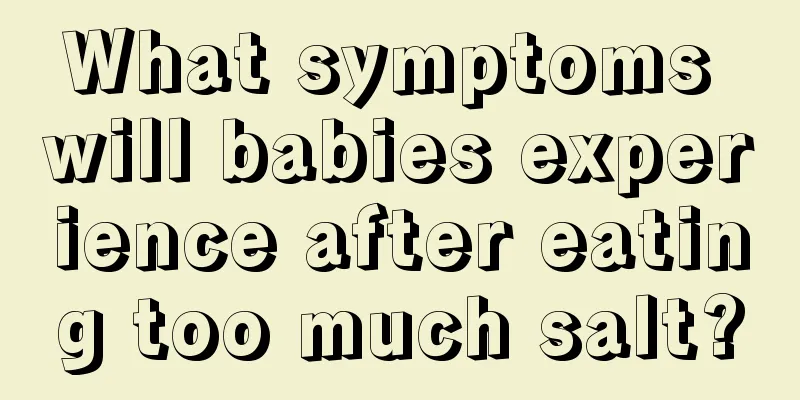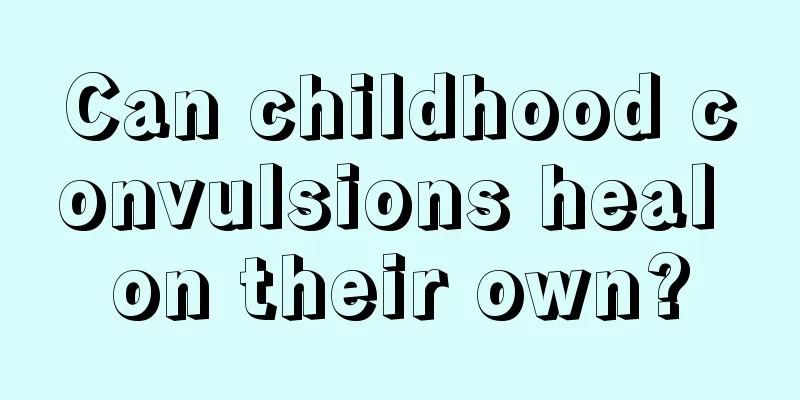What causes protein allergy in newborns?

|
I wonder if there are any mothers who have experienced the problem of their babies getting sick due to protein allergies. I believe that mothers who have experienced this feel that it is a very painful experience. Babies with protein allergies will quickly cause the baby to refuse to eat milk powder, thereby losing weight due to lack of nutrition. This is also the last thing mothers want to see. Generally speaking, if a baby shows similar symptoms after drinking milk, parents should pay attention to whether the child has an allergy! Clinically, cow's milk protein allergy affects mainly the skin, gastrointestinal tract and respiratory tract. The sick baby may develop rashes, hives or eczema on the skin or body; as for the trachea, it is more common for babies to have excessive phlegm, sneezing, coughing or wheezing. Sick infants often have abdominal colic, vomiting and diarrhea in their gastrointestinal tract. They often cry and become restless after feeding. Although diarrhea is common, the degree of diarrhea varies greatly. From intermittent mild diarrhea to severe cases, the disease can cause intestinal mucosal atrophy and malnutrition. On the other hand, the baby may refuse to feed or even cry, which may cause shock in severe cases. The symptoms of a cow's milk protein allergy vary from person to person. Symptoms can occur immediately after drinking milk or may only begin to appear after several hours or even days. If a child with allergies has one or more allergic symptoms, parents should consult a doctor immediately: Category 1: Initial reaction - appears 45 minutes after drinking milk, symptoms such as: abdominal cramps, diarrhea, vomiting, rash, eczema, occasional wheezing or sneezing. Category 2: Mid-term reaction - occurs 45 minutes to 20 hours after drinking milk. Symptoms such as vomiting and diarrhea Category III: Late reaction - appears 24 hours after drinking the milk. Symptoms include: diarrhoea, vomiting, wheezing or coughing. After realizing that the baby is allergic to that kind of protein, what mothers need to do is to keep the baby away from these proteins before the baby's body and mind mature to ensure the baby's health and happy growth. If the baby is allergic to milk powder, it is best to listen to the doctor's professional advice and let the baby choose a suitable food. |
<<: What should I do if my newborn baby doesn’t poop for two days?
>>: What happens if a newborn baby doesn’t poop for three days?
Recommend
Treatment of breast hypoplasia in girls
Nowadays, there are more and more female diseases...
What to do if your child keeps coughing?
What to do if a child keeps coughing? Every paren...
Precautions for turning on air conditioning in the baby room
Because newborns have just arrived in a new envir...
Is the child's leg pain due to calcium deficiency?
Children's leg pain is not necessarily caused...
What causes shortness of breath in children when sleeping?
Children's physical health is very easily aff...
Why does the baby bite his tongue?
The birth of every baby is a great joyous news fo...
What to do if the baby catches a cold
What should you do if your baby catches a cold? M...
Causes of abdominal bloating in premature babies
Premature babies experience abdominal bloating, w...
The child's eyes suddenly became swollen
People should know that baby's swollen eyes i...
How to deal with seizures in children?
Children are easily frightened in life. If they a...
Symptoms of milk protein allergy in babies
The gastrointestinal development of infants is st...
What are the symptoms of high muscle tone in children?
The symptoms caused by high muscle tone mainly in...
Developmental standards for premature infants
In fact, it is even more difficult to feed premat...
Should children be circumcised if they have inflammation?
In most cases, the foreskin is too long because t...
Can children eat Cordyceps flowers?
There are still many differences between children...









